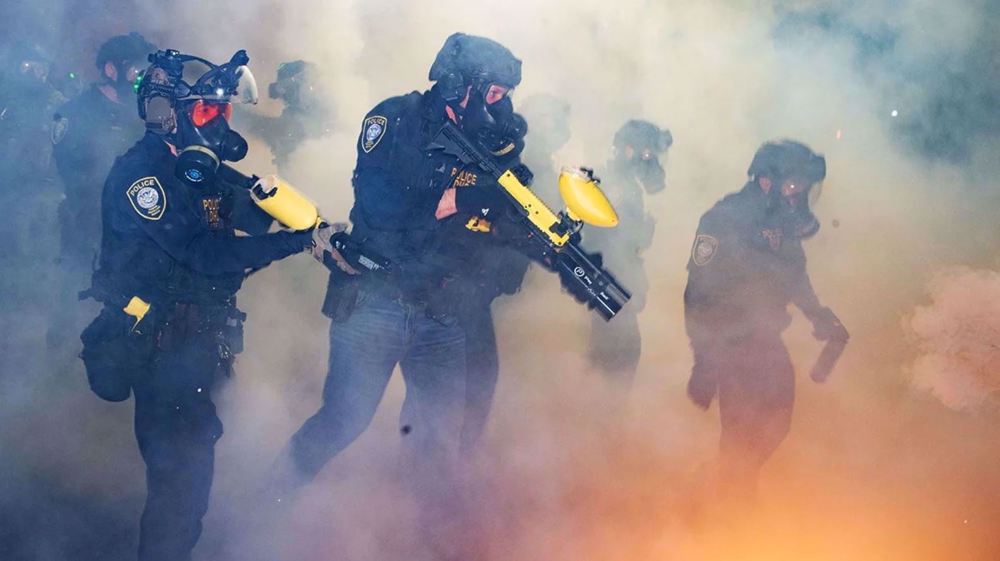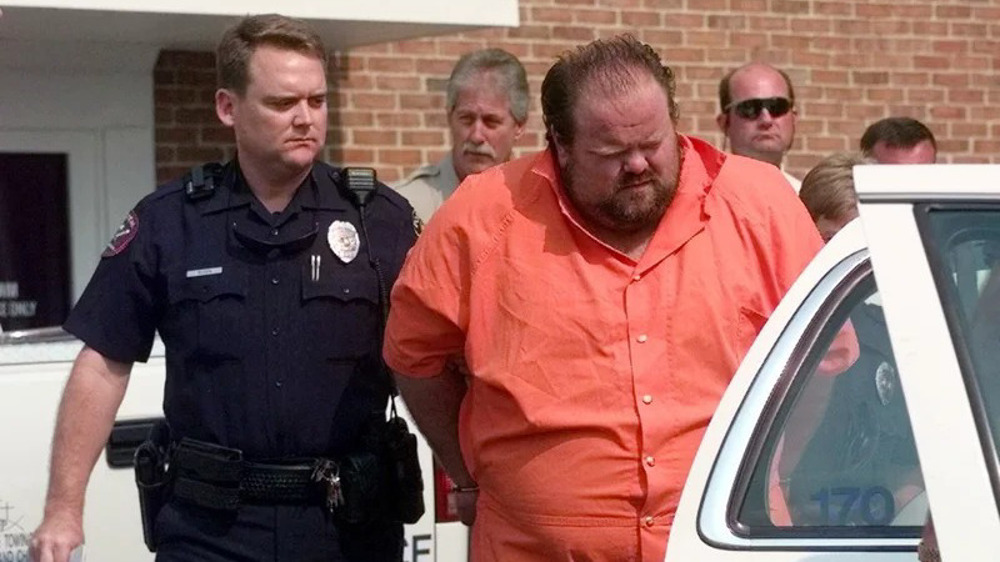US conducts another execution using nitrogen gas despite outcries
A man convicted of murdering a woman was executed on Thursday evening in Alabama, marking the United States' fourth execution using nitrogen gas.
Demetrius Frazier, 52, was pronounced dead at 6:36 p.m. at a south Alabama prison for his conviction in the 1991 rape and murder of 41-year-old Pauline Brown.
This execution was Alabama's first of the year and the third in the US in 2025, following recent lethal injections in Texas and South Carolina.
"First of all, I want to apologize to the family and friends of Pauline Brown. What happened to Pauline Brown should have never happened," Frazier said in his final words. He added, "I love everybody on death row. Detroit Strong."
Frazier's mother and death penalty opponents had pleaded for Michigan Governor Gretchen Whitmer to take him back to complete his life sentence in Michigan, which does not have the death penalty. However, Whitmer claimed that the decision rested with Alabama officials.
Alabama became the first state to conduct nitrogen gas executions, executing three people last year using the method.
This process, described by some rights activists as inhumane, involves placing a gas mask over the person's face to replace breathable air with pure nitrogen gas, causing death by lack of oxygen.
Activists argue that this method causes unnecessary suffering. The United Nations Human Rights Office and the European Union have both expressed regret over the use of nitrogen gas when the US first used it for execution purposes in January last year, calling it a particularly "cruel and unusual punishment."
Activists have also pointed out that there is no scientific evidence to prove that nitrogen gas execution is painless or humane.
Frazier's execution began at 6:10 p.m., and he was pronounced dead at 6:36 p.m. Alabama Corrections Commissioner John Hamm stated that the gas flowed for about 18 minutes, and instruments indicated Frazier no longer had a heartbeat 13 minutes after the gas began.
US envoy’s remarks on Israeli West Asia expansion shows Muslim world targeted: Houthi
Iran says any agreement with US must fully safeguard national rights, interests
VIDEO | Press TV's news headlines
Trump administration terminates aid programs to seven African countries: Report
IRGC warship back home after long-range deployment for BRICS naval drills
Democrats’ secret ‘autopsy’ report of 2024 election links Harris’ loss to Gaza stance
'Defeat is certain for them’: Iran Army chief derides enemy’s claim of invincibility
Explainer: How job scarcity is pushing working-class Americans to enlist in the military











 This makes it easy to access the Press TV website
This makes it easy to access the Press TV website